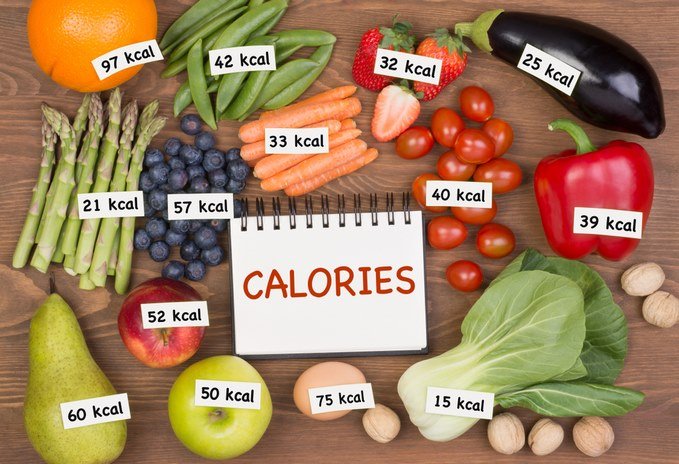Calories refer to the amount of energy that you consume from an item of drink or food and is the standard unit of energy. The scientists define calories as a thermal energy that our bodies consume through the intake of eating or drinking several food items. The bodies store the surplus calories as body fat that are usually more than our requirements. If the process of calories storage continues over time, it might lead to weight gain. An average male adult needs almost 2500 kcal per day as a guide to maintain a healthy body weight. While an average female adult needs to consume almost 2500 kcal a day.The values of calorie requirement can vary from person to person depending on size, age, levels of physical activity, and many other factors. The human body requires energy to stay alive and maintain a normal function of the organs. We are constantly putting energy into our bodies, when we drink and eat. The bodies consume that caloric energy through routine movements, which involves everything from breathing to doing a workout. To keep a sustainable body weight, the energy we are intake via food must be somewhat similar to the energy we use to perform any physical activity and any other normal bodily function.
The caloric content of several shop-bought food item is visible on the packaging as part of the nutrition label. The nutritional information appears under the section of “Energy”. The caloric content is often apparent in kcals, which is an abbreviation for kilocalories meaning. Another unit in practice for calories is KJ, which is abbreviation of kilojoules. The metric unit of colic measurement is kilojoules, so if you want to find the energy content in kilojoules, you can just multiply the calorie number by 4.2. The food labels will typically show you how many calories are present in a 100 grams food item, so you are able to compare the caloric content of various products.
Although it is impossible to track the accurate amount of calories you intake or even consume on a daily basis but it is quite important to keep some sort of balance between the consumption and intake of calories. A healthy diet ensures you to maintain a balance between the energy you are consuming and the energy you are putting in your body. Caloric counting and balance is now an important part of every diet plan either for weight gain or weight loss. It is easy to maintain a balance by taking less calories on following days or burning more if you consume too much calories on one day.
Moreover, a lot of labels will also mention the number of calories in one serving size of that particular food item. The caloric content of foods and drink is very important to read on food labels to help you ensure that you are not consuming excess calories. However, the idea of portion or serving size of a food manufacturer may not be the same as yours. So you can assess how a certain food fits in your daily requirement by using the calorie information. There is an expansive range of online calorie counters for the purpose of tracking your caloric intake and caloric burn as well.

